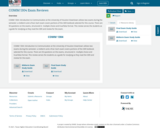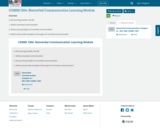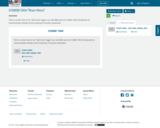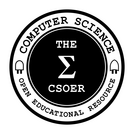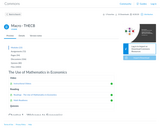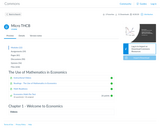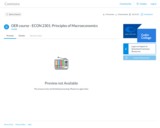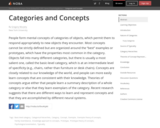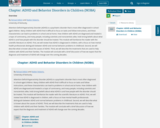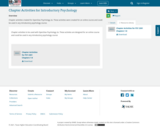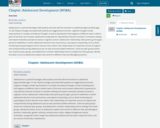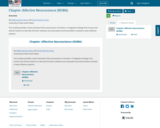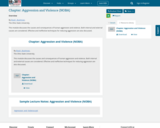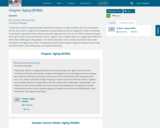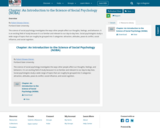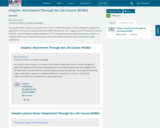Textbook
The book for this course is Macroeconomics and uses a book from OpenStax which was created by Rice University.
Videos
Images for videos come from the following sources with voice over from Professor Richard Gosselin at Houston Community College who is solely responsible for their content. There are 179 videos for the macroeconomics course with an average run time of about five minutes each. They were produced using three sources - desktop screen capturing via Screenflow which is a product of Telestream, as well as One Button Studio and the Learning Glass for live in-person mini-lectures filmed in a studio. Nearly all the video have been closed-captioned for the hearing impaired using professionals rather than automation. There are also downloadable transcripts embedded for each video and a download feature for users. Houston Community College footed the expense of the closed-captioning service. I would like to thank the college administration as well as Ruben Duran, Senior Media Developer at the college for assisting with this.
OpenStax Macroeconomics, Second Edition
Principles of Economics is adapted from a work produced and distributed under a Creative Commons license
(CC BY-NC-SA) in 2011 by a publisher who has requested that they and the original author not receive attribution. This adapted edition is produced by the University of Minnesota Libraries Publishing through the eLearning Support Initiative. This adaptation has reformatted the original text and replaced some images and figures to make the resulting whole more shareable. This adaptation has not significantly altered or updated the original 2011 text. This work is made available under the terms of a Creative Commons Attribution-NonCommercial-ShareAlike license.
Test Bank
The original test bank provided by Open Stax provided 1158 questions, 955 were multiple choice and 203 were short answer questions. Under this grant there were no additional short answer questions added however, there are now 1418 questions in the new test bank which is the result of adding 260 questions of the following variety - multiple choice, fill in the blank, numerical questions, multiple drop-down questions, multiple-response questions, matching and formula questions which present each student with different values and parameters. Images in the test bank, unless otherwise noted are licensed under the Creative Commons and most are the product of unknown authors.
Review PowerPoint Slides
These were provided by Intellus Learning Open Courses
This work is licensed under a Creative Commons Attribution 4.0 International (Links to an external site.) License. The material for these slides and the image come directly from Macroeconomics OpenStax, Second edition.
Discussion Questions
These were authored by Richard Gosselin at Houston Community College and are licensed under the Creative Commons. There are over 70 discussion questions available.
Flash Card Powered by Quizlet
These were authored by Richard Gosselin with a couple of exceptions. They are based on the terms in Macroeconomics, Second edition. They are also licensed under the Creative Commons and are freely distributable. There are 21 such quizzes, one for each chapter.
Excel Exercises and Videos
26 Excel assignments were created including practice assignments and videos to assist students with basic features of Excel which help them create a file, save data, sort data, create tables, line graphs, bar graphs and pie chart and much more.
